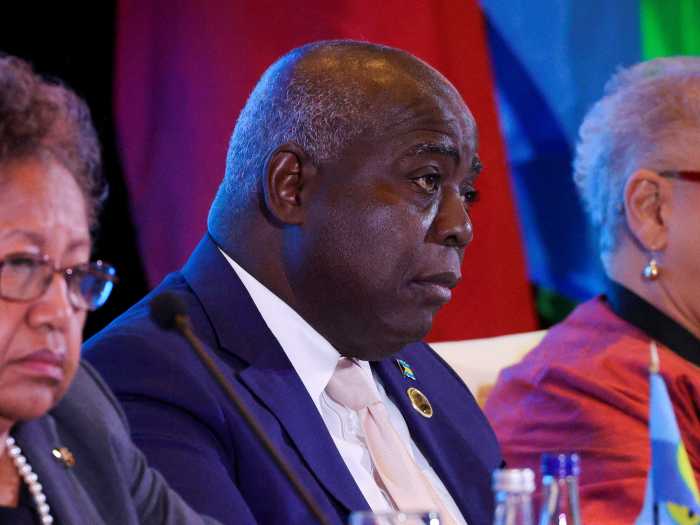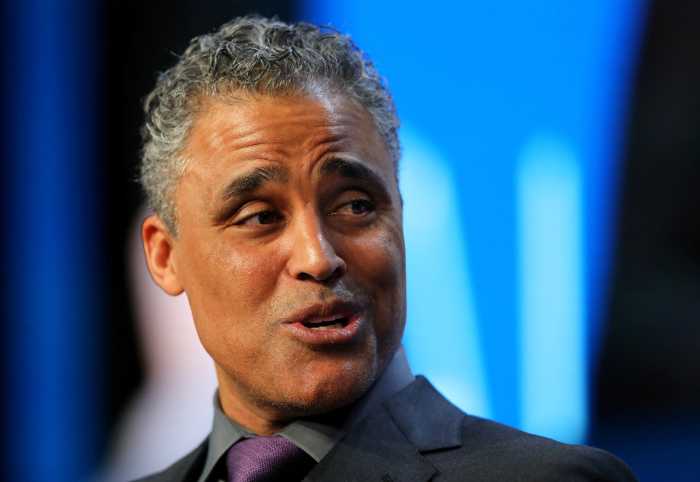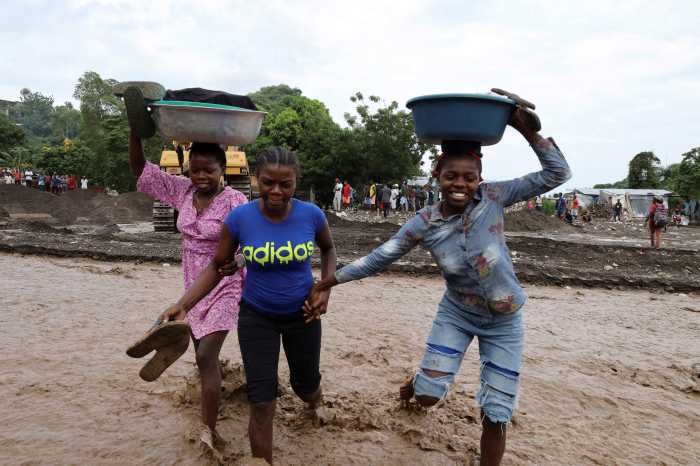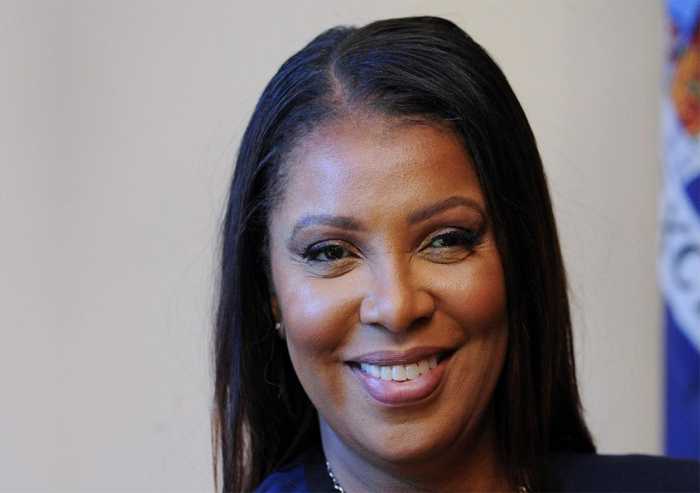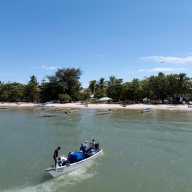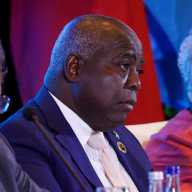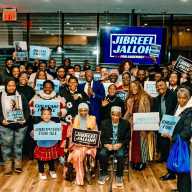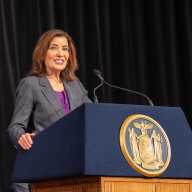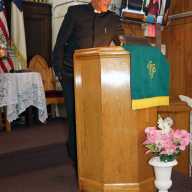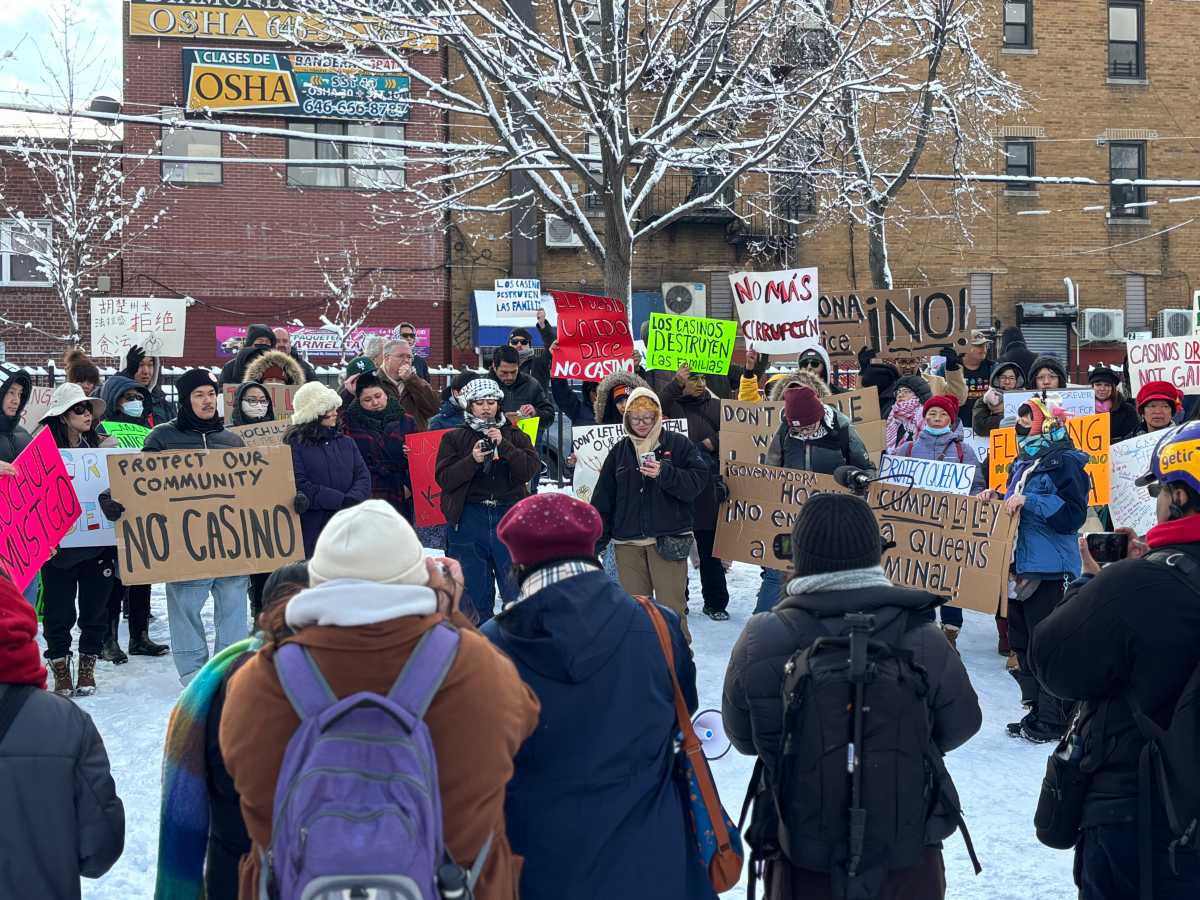A team of former prime ministers appointed by Caribbean leaders last year to help cool the simmering political situation in Haiti, has returned to respective capitals, encouraged by the latest round of talks, which ended a week-long engagement recently.
The team says definitive progress has been made this time compared to several other visits and sessions with a multiplicity of Haitian stakeholder groups as the former leaders left little doubt about their willingness not only to continue mediation efforts but to also return to Haiti to continue prodding the groups to a consensus about the future.
Haitian political and civil society groups had asked the bloc of nations to mediate in the situation as the country has been spiraling out of control ever since the July 2021 assassination of President Jovenel Moise by hired mercenaries, most of them Colombian gunmen. Several have been arrested and charged, while some of the local intellectual authorities of the assassination have also been indicted.
The so-called Eminent Persons Group (EPG) comprising of former prime ministers Bruce Golding of Jamaica, Perry Christie of The Bahamas and Kenneth Anthony of St. Lucia is attempting to bring the parties to together to help revitalize non-functioning state organizations, prepare for general elections, possibly next year, and to liaise with foreign governments to organize a peacekeeping force to help curb the power of heavily armed gangs and warlords roaming the capital and other parts of the country.
The eminent persons group has paid several visits to Haiti including its latest which wrapped up last weekend and based on its latest release, the former leaders appear to be now more encouraged that groups with diverse positions on a range of issues, have in some cases, eased away from hardline stances are and are prepared to continue talking.
One key demand of several stakeholder groups was for the resignation of Prime Minister Ariel Henry who had taken over government following the July 2021 assassination of President Jovenel Moise by hired mercenaries, most of them Colombian gunmen. Several have been arrested and charged, while some of the local intellectual authorities of the assassination have also been indicted.
Haiti now has no president, no elected parliamentary official, many provincial mayors whose terms have expired and a government whose term has also expired. The CARICOM team says that part of its mandate is to work towards providing “a transitional governance arrangement to take the troubled country to free and fair elections. The negotiations, attended by representatives of a broad cross section of political and civil society Stakeholders, including Prime Minister Henry, provided an opportunity for narrowing of differences on the details of the transitional governance arrangement.”
In previous releases, the team had expressed its frustration at the extent as to how far apart some stakeholder groups had been but now says that “the stakeholders achieved consensus on several aspects of the draft framework and have agreed to continue discussions between themselves in the absence of the EPG on the key areas of the balance of power and representation within the proposed transitional arrangements.”
Haiti is CARICOM’s most populous and poorest nation and the last nation to join the 15-naytion block back in 2002. Many back in Haiti had criticized the region for not doing enough to help pull Haiti out of the political and economic doldrums but the prime ministers appear to be signaling an intention to stay the course and to return to the island nation in the new year to continue prodding the various groups towards an agreement to restore constitutional institutions and to organize general elections in the coming months. A session with Haitian groups was also held in Jamaica in June.
Meanwhile, The Bahamas has already offered to contribute 150 troops to any multinational peacekeeping force in Haiti but the main opposition Free National Movement (FNM) wants to know why this is the case when there is rising crime and other problems at home.
“The government should have a candid conversation with The Bahamian people, Madam Speaker, with respect to the deployment of Bahamians in Haiti. We are still waiting for the government to take its time and have a candid conversation with Bahamians in terms of its plans in Haiti, Madam Speaker. That’s a reasonable request of our population as we deploy Bahamians in Haiti, we ought to know several things. The government should explain the rationale of doing so. And I’m certain there are more than enough rational reasons why they are considering it, but explain it to the population. They have an obligation to do so,” said Leader Mike Pintard in a debate last week.
Jamaica and other bloc member nations have also offered to contribute to a force whenever it is organized.


